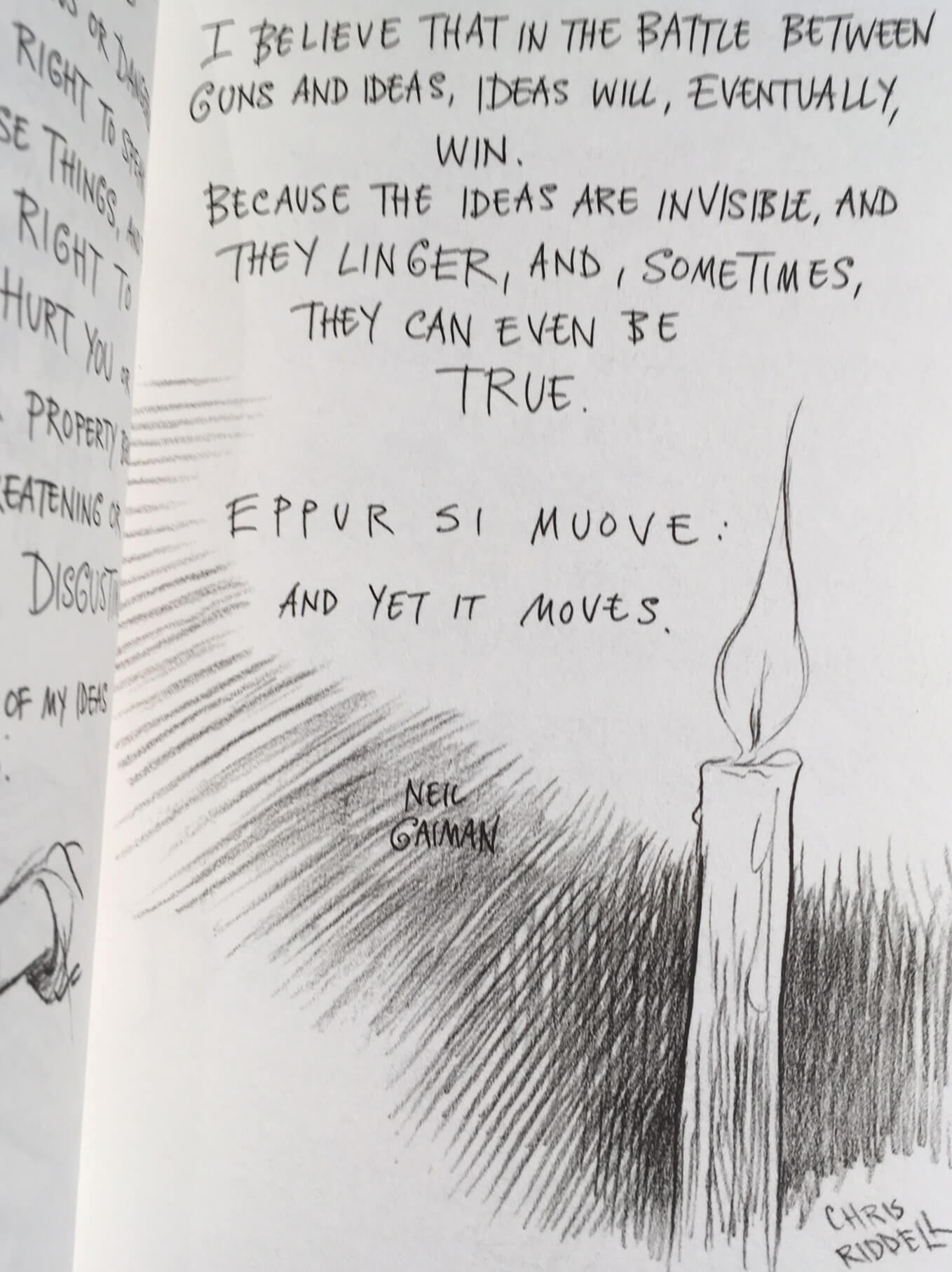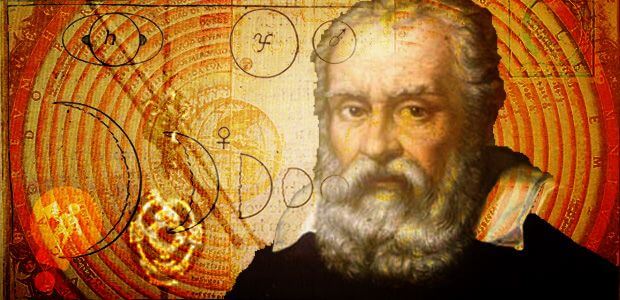
“Writing I Love” is an occasional series on this site. Sometimes a book, sometimes a poem, a quote, sometimes simply a line. Today a line:
Eppur Si Muove
(And yet it moves)
What is the story and what does it teach us?

Approaching 500 years ago, the Italian polymath Galileo had the audacity to posit that the Earth moves around the Sun, not the other way around, as conventional “wisdom” at the time had it.
The apocryphal story goes that he was forced, on pain of death, to recant his heretical proclamation. After he did so, however, he then muttered “Eppur si muove“, or “and yet it moves”.
Broadly, what I take from this as a meaning iss that no matter what people may say, the truth is always the truth.
For leaders, sometimes Galileo’s phrase may be highly valuable in the face of an alternate view held by many as to the right path ahead.
Such key moments may come when a leader has to stay with the truth, their truth, no matter what they are told by others, by the echo chamber, by the groupthink, that “this is not the way we do things here”, or “we’ve always done it this way”, or “We can’t do that because {x}”.
Oh, and the top image in this post? A photo of a page from a book I browsed in a favourite bookstore the other day when I unexpectedly had time between meetings in Edinburgh.

The book is by Neil Gaiman and I simply loved the line “because your imagination can change the world”. The first image in this post is a page at the end of a chapter on art, meaning and changing the world.
I sense this book may be part of the reading curriculum for the “Beautiful Leaders and Makers” programmes I’m part of co-creating.
Oh, and having seen that book and knowing I’d be on a train back to London that evening, I bought “Neverwhere” also by Neil Gaiman, an immersive novel about a hidden side of London, a city I continue to explore with wide-eyed wonder as a relatively new resident.
